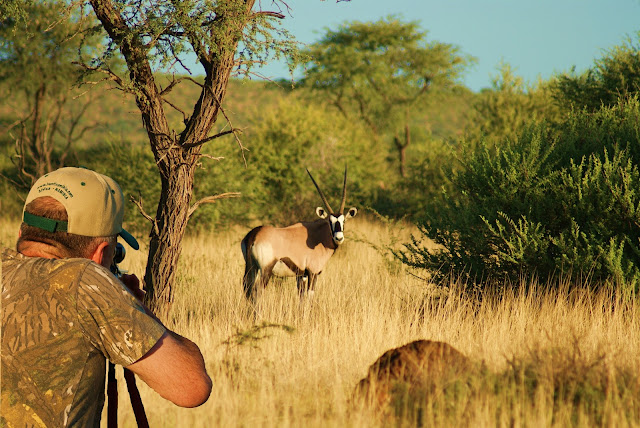Wildlife Hunting Tourism Is Highly Popular Activity in Southern Africa With 90% of Industry Takes Place in This Region
Wildlife Hunting Tourism
While wildlife hunting tourism is a controversial and paradoxical sector
of global tourism, the business is thriving. According to Franklin (2008), It is
growing as it reflects a desire to hunt charismatic mega fauna in remote
locations. While a hunter may want to enjoy the thrill of killing a rare
animal, a tourist may be interested in the experience however, not the
environment or the culture. In this case, the tourism industry must be more
responsible. It is permitted in 23 countries in Africa, with the vast majority
of hunting tourists hailing from outside the continent. Hunting tourism is a
highly popular activity in southern Africa, with 90% of the industry taking
place there. Although hunting in Kenya is illegal, the country is home to one
of the largest safari industries in Africa. A hunter who enjoys wildlife should
consider this aspect of tourism before making a decision.
The
global Wildlife
Hunting Tourism Market was valued at US$ 276.2 Mn in 2020 and is
expected to reach US$ 1,841.5 Mn by 2028, exhibiting a CAGR of 16.5% during the
forecast period.
Besides being an ethical issue, hunting tourism has its share of
environmental problems. Some countries restrict hunting as it threatens the
species. Hunting tourists may take part in unethical activities while on
holiday. In Canada, the hunting industry uses conservation principles to ensure
the welfare of polar bears. It also encourages angling in Namibia. All in all,
wildlife hunting tourism is a controversial business, and many countries are
enforcing strict regulations to protect it. While trophy hunting is a popular
form of tourism, it also has its disadvantages. Along with destroying animal
habitats, trophy hunting can bring tourists to areas where traditional tourism
activities are not practical. For instance, trophy hunting in Africa is legal
in certain countries like Chad, the Central African Republic, and Burkina Faso.
However, this activity is more environmentally friendly than photographic
surveys, which do not require roads or other infrastructure. There are a
variety of reasons for hunting, from the simple enjoyment of an animal to its
more serious benefits. For example, people may hunt in order to obtain useful
animal products to use as trophies. Other reasons may be to help a specific
species, or to combat overpopulation or to eradicate disease carriers. In
August 2021, The Department of Interior, U.S. announced that the U.S. Fish and
Wildlife Service opened new hunting and sports fishing opportunities across
2.1 million acres.




Comments
Post a Comment